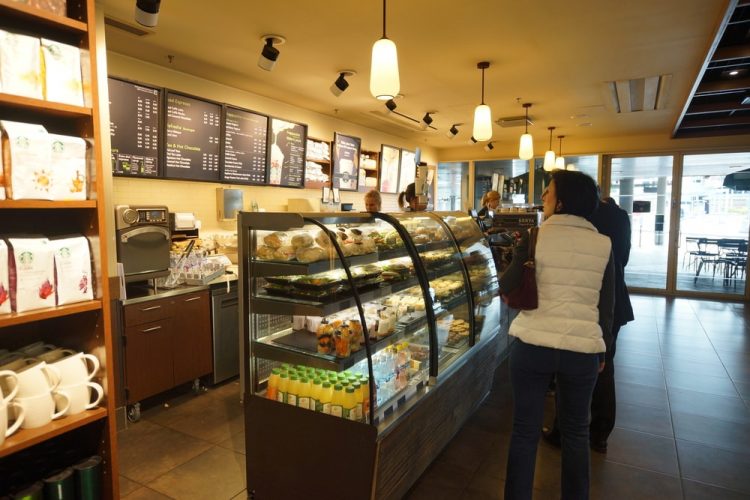Last Updated on August 25, 2016 by Tim

Marketing is important. Franchisees know it and Franchisors know it too. In fact, 58% franchisees view online marketing as very important or important according to a recent Yodle survey. In the same survey, 89% of Franchisees said corporate online marketing is imperative.
Sure, both online and offline marketing is important, but how do you know the right approach for your franchise group?
Centralized vs decentralized marketing
We could go on forever about the pros and cons of Franchisor-managed vs Franchisee-managed marketing. There really are a number of competing pros and cons and it really is best decided upon on a case-by-case basis. Let’s take a look at some of the pros and cons of each.
Benefits of centralizing
- Franchisor has control over brand alignment and branding in general
- Ensure offers and call to action marketing is current
- Saves Franchisees time
- Most cost-effective
Downside of centralizing
- Franchisees do not have as much control over their local presence.
- Some aspects of online marketing, such as social media use, loses the personal feel when it’s managed centrally. Franchisors do not know individual customers and do not have the same level of rapport as franchisees do in the field. So you lose one of the main benefits of social media use, which is Franchise-customer relationships.
How about online marketing? Where should Franchisors draw the line with regards to flexibility for individual Franchise owners to promote themselves online?
Should Franchisees control their own web page?
Benefits:
- Franchisees have greater control of local area promotions
- Franchisees can tailor specific elements of their webpage for their local area.
Downside:
- Depending on which elements Franchisees can and can’t control, issues with brand alignment can creep in. It’s not uncommon to visit a franchise company website and see vast discrepancies in the offers or call to action marketing on individual franchise pages. Most customers expect a level of consistency when dealing with a franchise so in most instances this is viewed as a negative by customers.
- Furthermore, too much flexibility for individual Franchisees to promote themselves online can lead to infighting between Franchisees located in close proximity to one another.
What about social media?
Without question, Franchisors should manage the main social media profiles for the company. Usually this would include a Facebook page, Twitter profile, Instagram, Pinterest and Youtube. That’s at a bare minimum and most prominent Franchise groups understand this. But should Franchisees have, and should they manage, their own local franchise profiles?
The answer is unquestionably yes to the question of should they have a local social media presence.
Social media, Facebook in particular, is fantastic way for Franchisees to interact with customers and clients, particularly in the service industries where in person contact is regular and relationships have formed. Facebook can certainly help to nurture and grow these relationships.
When it comes to Franchisees managing their own social media profiles vs Franchisors managing them, I also feel very strongly that Franchisees should manage their own profiles. Yes, there is a need for brand alignment, which is why a robust social media policy and guidelines need to be in place, but social media is a person to person online marketing platform.
The absolute truth is that a centrally-managed local social media profile is never going to get as much engagement as a Franchisee-managed local social media profile and that’s because the Franchisees are the only people who know the customer. When social media is used in the right way, Franchisees can use it to grow relationships with existing customers or clients and also as a way to nurture relationships with potential customers or clients.
Prominent Australian health club franchise group, EFM Health Clubs, have adopted this very model, which broadly includes:
- Franchisor-manages main group profiles (Facebook, Linked In, Twitter etc)
- Each Franchisee controls their own individual health club social media profiles
- RObust online marketing and social media guidelines in place
- Field Support Managers maintain regular contact with Franchisees and provide ongoing training for online marketing best practice
Summing Up
Clearly, the best option for your Franchise group may vary from the above-mentioned options. One thing is for cure and that is social media and online marketing is only goign to continue to grow in terms of importance. The best approach to navigating the crazy online world is setting up clear guidelines for Franchisees and Franchisor staff to follow, along with maintaining an open mind to change as the online landscape evolves.